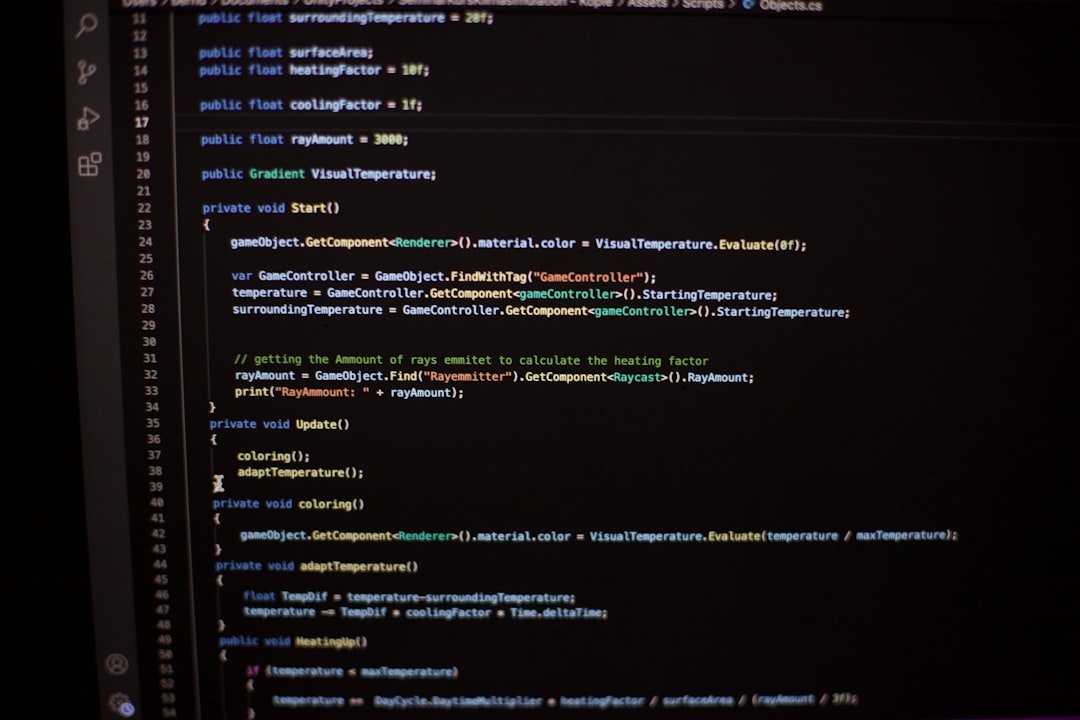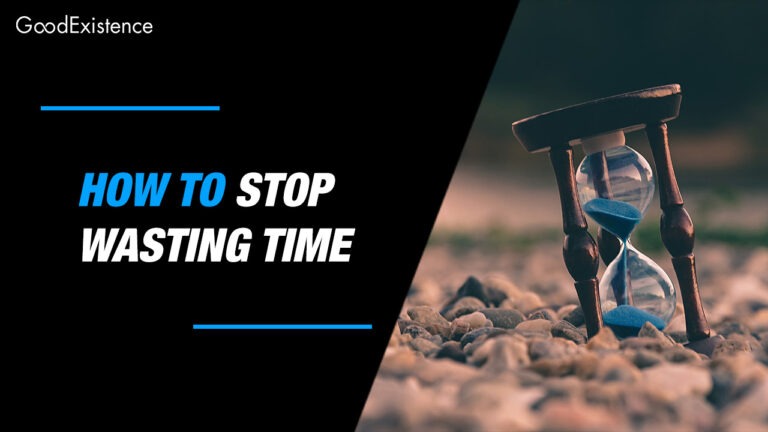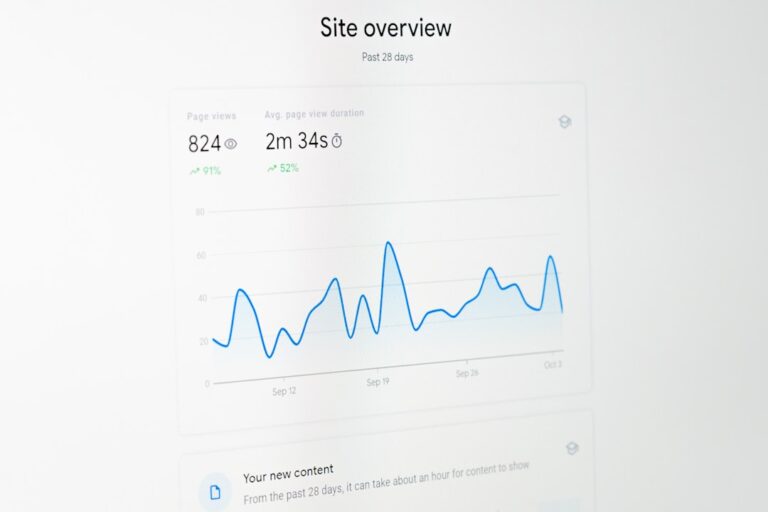
Ever feel like you’re constantly busy but not really moving forward? I know that feeling all too well. It’s like being stuck in quicksand, struggling against invisible forces that keep you from getting things done. But what if those forces aren't outside pressures, but inefficient ways we do things?
Optimizing our processes isn't about working harder. It’s about working smarter, finding easier paths, and removing the friction in our everyday lives. It helps us free up time, reduce stress, and genuinely make progress on the things that matter. I learned this the hard way. For years, I wasted so much time, stuck in cycles of gaming, overeating, and just general laziness. Changing that felt like climbing Mount Everest, but I slowly learned that breaking things down and finding better ways to do them made all the difference. It wasn’t about willpower alone; it was about changing my process.
Here are 15 simple, practical ways you can start optimizing your own processes, right now.
Understand Your Current Flow
Before you change anything, you need to see what's actually happening.
- Pinpoint Bottlenecks. What repeatedly slows you down? Where do things get stuck? For years, I felt stuck, spinning my wheels with gaming and other unhealthy habits. Identifying that those activities were massive bottlenecks in my life was the first painful but crucial step. It was the biggest drain on my time and energy.
- Map Out Your Steps. For a specific task or routine, write down every single step you take. Don't skip anything, no matter how small. This gives you a clear picture.
- Ask "Why?" (Is This Step Necessary?). Look at each step you just mapped. Ask yourself: "Why do I do this? Is it truly essential? What would happen if I didn’t do it?" You might find you're doing things out of habit that serve no real purpose.
Simplify and Streamline
Once you understand, you can start making things easier.
- Cut the Clutter. Physical clutter, digital clutter, mental clutter—it all slows us down. Delete old files, unsubscribe from irrelevant emails, or clear off your workspace. A clean environment helps you think more clearly.
- Batch Similar Tasks. Group similar activities together. Reply to all emails at one time. Make all your phone calls back-to-back. Run all your errands in one trip. This reduces context-switching, which is a huge time-waster.
- Automate What You Can. Can technology help? Schedule bill payments, set up recurring appointments, or use templates for frequent responses. Even small automations save minutes that add up.
Build a Productive Routine
Good habits are the foundation of efficient processes.
- Time Block for Deep Work. I discovered my most productive hours happen in focused bursts. Instead of an 8-hour slog, I now block out 2-4 hours for deep work. During these times, I shut off distractions and focus on one thing. It changed everything for me.
- Create Simple Checklists. For repetitive tasks, a checklist ensures you don't miss steps and frees your mental energy from remembering everything. It's especially helpful for morning or evening routines.
- Use the Two-Minute Rule. If a task takes less than two minutes to complete, do it immediately. Don't put it off. This prevents small tasks from piling up and becoming overwhelming.
- Protect Your Focus. Turn off notifications on your phone and computer. Close unnecessary tabs. Tell others when you need uninterrupted time. Distractions are process killers.
Stay Accountable and Motivated
Keeping your momentum going is key to lasting change.
- Set Clear, Achievable Goals. Vague goals lead to vague actions. Define exactly what you want to accomplish and by when. Break larger goals into smaller, manageable steps. This was essential when I lost over 110 pounds; I focused on one small, achievable goal at a time.
- Delegate Smartly. You don't have to do everything. If someone else can do a task effectively, and it frees you up for something more important, ask for help or delegate.
- Review and Adjust Regularly. Your processes aren't set in stone. Once a week, look at what’s working and what isn’t. Are there new bottlenecks? Did a process become obsolete? Be willing to adapt.
- Celebrate Small Victories. Losing over 110 pounds wasn't one big leap. It was a marathon of small wins, celebrating sticking to my eating plan for a day, hitting a small exercise goal, or resisting a craving. These celebrations build momentum and keep you motivated when the path feels long.
- Connect to Your Purpose. Why are you trying to optimize your life? When I started strengthening my faith and truly understanding my deeper purpose, it gave a powerful "why" to all my efforts. It wasn’t just about getting things done; it was about using my time and energy well, for something bigger than myself. This sense of purpose helped me stay disciplined even when motivation waned.
Optimizing your processes doesn't have to be a big, overwhelming overhaul. It's about small, consistent changes that make your day smoother and more meaningful. You don't need perfection, just a willingness to look for a better way.
What’s one small process you can optimize today to make your life a little easier?





